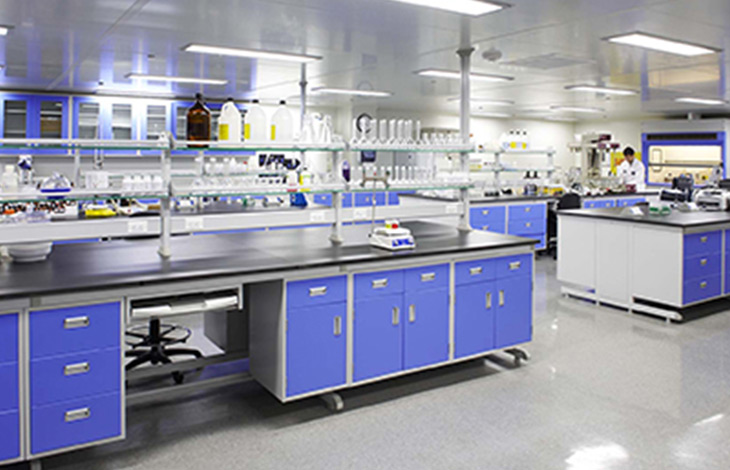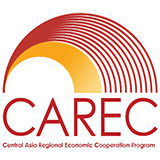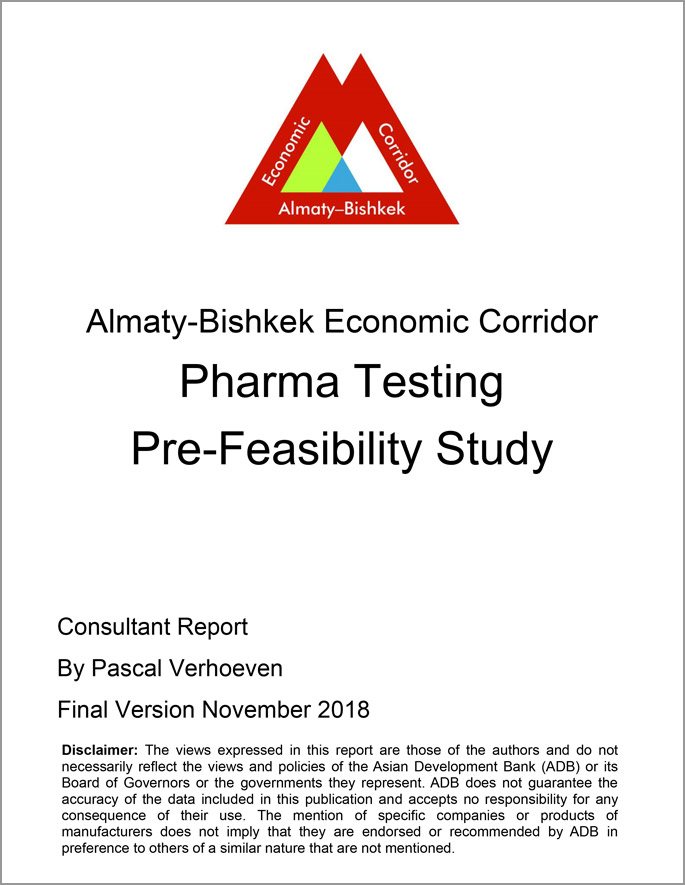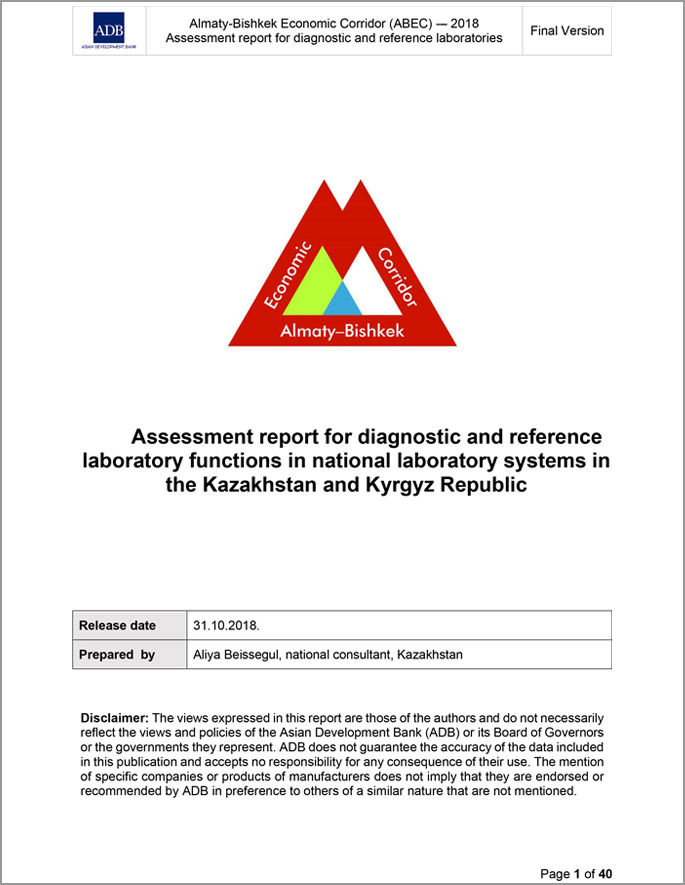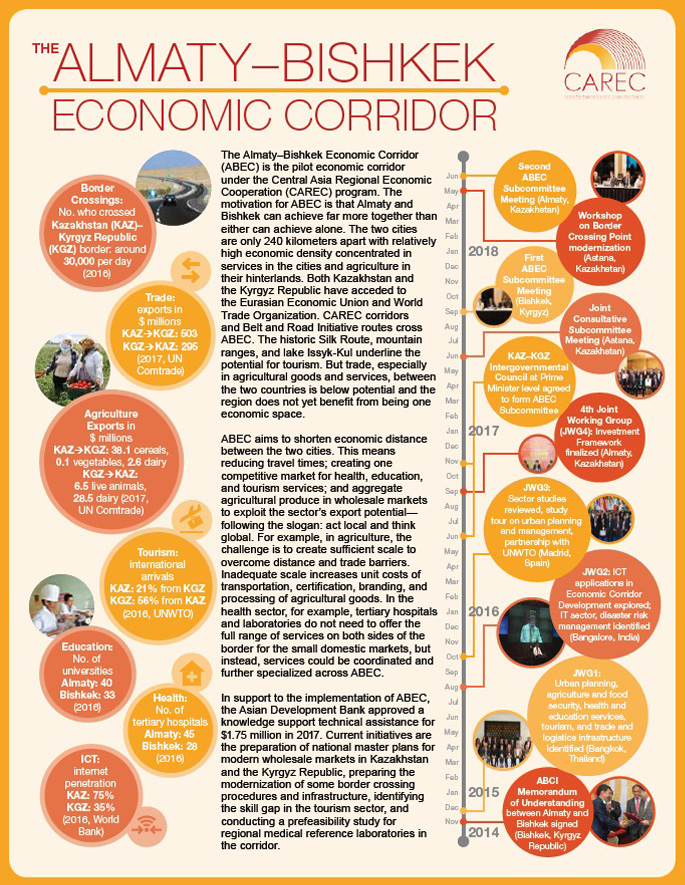The corridor includes coordinating cross-border service sectors to increase market size and competitiveness. For example, costly medical and pharmaceutical testing laboratories do not need to be set up separately in each country if one facility can serve both areas. As a first step, ABEC pre-feasibility studies for medical and pharmaceutical testing have been developed.
Pharmaceutical Testing
The pre-feasibility study for pharmaceuticals reviews the relevant supranational regulations, including quality control of medicines for a common Eurasian market that are gradually coming into force after ratification in each member state under the Eurasian Union. A single market for medicines enables an automatic recognition of products moving freely across the member states in a ‘single space’ with the identical packaging, same quality standard and same efficacy.
A single market for medicines avoids duplication of regulatory activities and creates incentives for manufacturers to market their new products for a larger population under one regulatory system at less costs and a shorter time to market.
To realize the potential of a form of regulatory convergence between the laboratories in Almaty and in Bishkek under ABEC and for the Kyrgyz Republic to have a say in the future, it is crucial that the quality control will achieve a sufficient level of technical expertise and develops testing capacity within the next 3 to 5 years. Adequate infrastructure like premises and testing equipment will have to be put in place.
Medical Testing
The pre-feasibility study for medical testing determines the need for the establishing a reference laboratory for the Kazakhstan and Kyrgyzstan, identifies the direction in laboratory studies that requires the establishment of a reference laboratory, and establishes a scheme of the relationship and collaboration between Kazakhstan and the Kyrgyz Republic in this direction.
The study finds that there are currently no approved standards for laboratory studies in Kazakhstan and the Kyrgyz Republic that take into account the population of Central Asia and each laboratory chooses—at its own discretion—the norms recommended by the suppliers of equipment and reagents. The reference laboratory will strengthen the relationship between the two countries regarding laboratory diagnostics:
- Acknowledgment of laboratory results of the two countries;
- Interlaboratory control - which is one of the important indicators of research quality control;
- Joint scientific work to identify reference values that take into account regional characteristics;
- Exchange of experience in the development of new methodologies, training of laboratory technicians and students in the field of laboratory diagnostics, as well as rotation of laboratories of the two countries;
- Development of a unified regional information database on the results of laboratory diagnostics;
- Statistics on the effectiveness of the treatment of diseases of citizens, taking into account the regional characteristics of the two countries.
